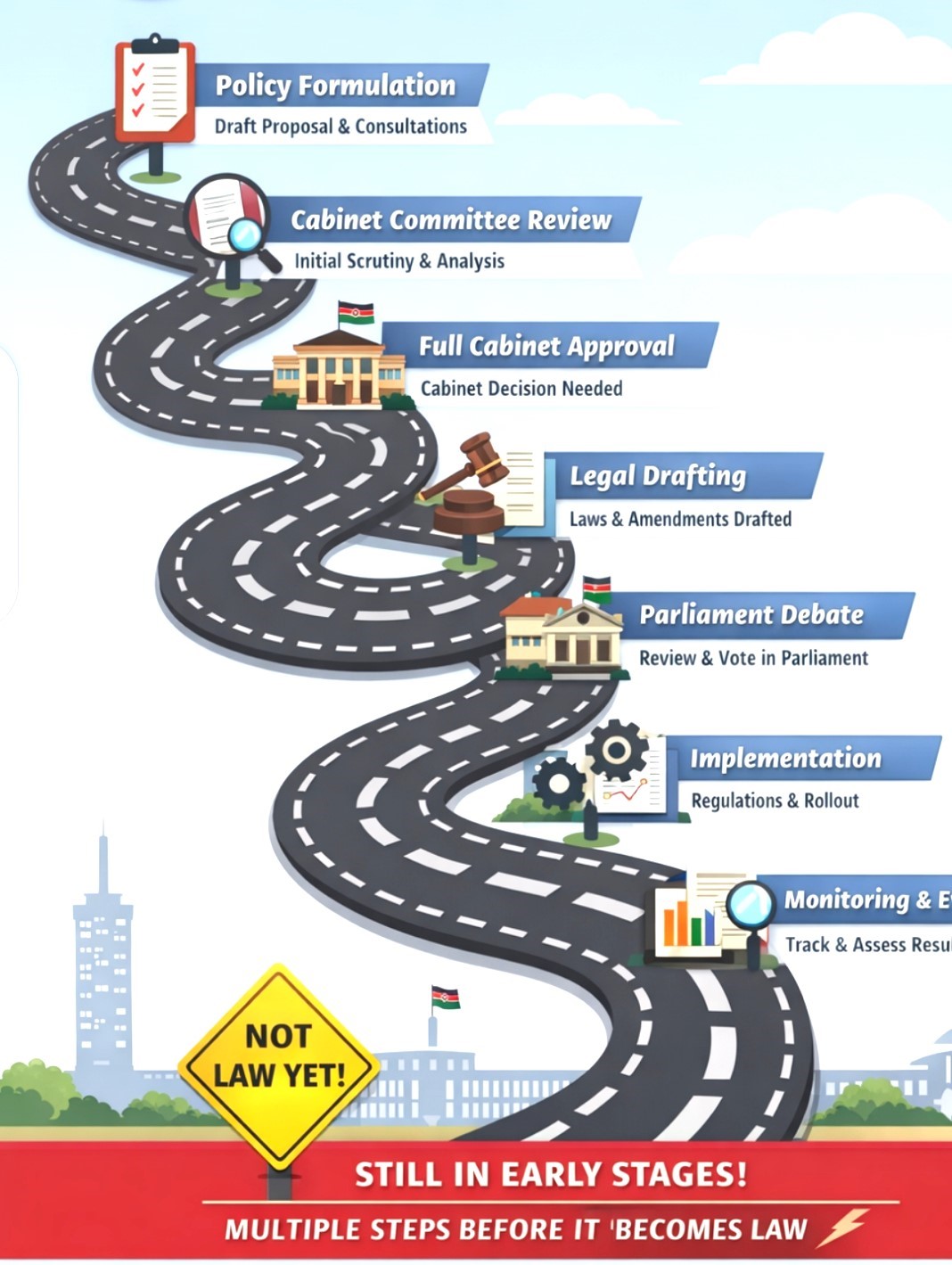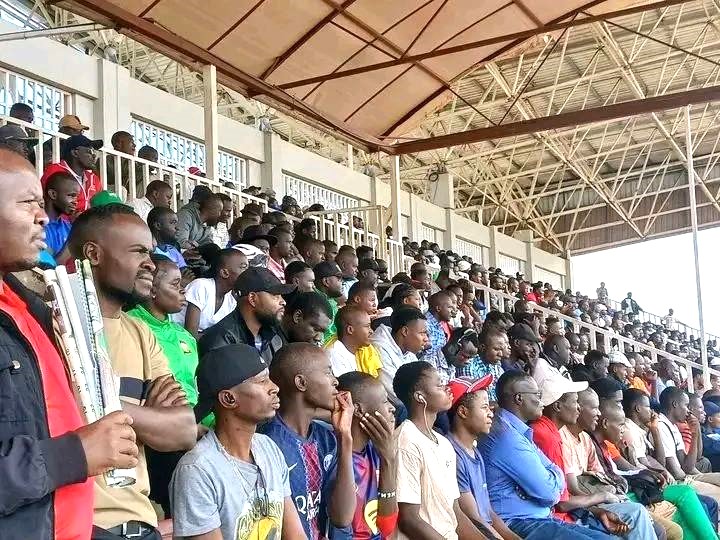The Kenya Publishers Association (KPA) has raised concern over the unpaid government debts amounting to Ksh11.4 billion which they say could delay the printing and distribution of textbooks for senior school students.
The alert comes ahead of the transition of the first Competency-Based Education (CBE) cohort into senior school in 2026.
KPA Chairperson Kiarie Kamau is now urging the government to release the funds urgently to ensure the timely production and delivery of Grade 10 textbooks, which are critical for a smooth transition from junior to senior school.
“As we speak today, publishers are collectively owed approximately Ksh11.4 billion, broken down as follows: Ksh11.15 billion for the supply of books for Grades 1 to 8, Ksh234 million for Grade 9, and around ksh4 billion owed to printers,” said Kamau.
The debt, he added, has affected not only publishers but also authors, distributors, and even the Kenya Revenue Authority, underlining the wide-ranging impact of the delayed payments.
He added that these textbooks are vital to ensuring learners transition successfully from junior to senior school and continue building both academic and professional competencies.
TSC offers new hope for teachers struggling with addiction, stress
The Ministry of Education recently revised the Competency-Based Curriculum (CBC) for senior school learners, expanding the number of subjects from seven to ten and introducing new guidelines for compulsory and elective learning areas ahead of the 2026 rollout.
Under the updated framework, Mathematics will be mandatory for all learners, while non-assessed subjects such as Physical Education, ICT skills, and religious instruction have been included to promote holistic development.
In a memo to all Regional, County, and Sub-County Directors of Education, Education Principal Secretary Julius Bitok said the new structure targets the first CBC cohort set to join senior school in January 2026.
Senior school marks the fourth level of Basic Education in the CBC system, following Pre-Primary (PP1 and PP2), Primary (Grades 1–6), and Junior School (Grades 7–9).
Bitok described the senior school stage, which covers Grades 10–12, as a “pre-tertiary or pre-career experience” for learners aged 15 to 17. He explained that this level helps students refine their academic and professional interests based on strengths identified in earlier stages.
“The essence of Senior School is to offer learners a pre-tertiary/pre-university/pre-career experience during which the learners have an opportunity to choose subjects from the pathways where they shall have demonstrated interest and/or potential at the earlier levels,” he said.
Under the new structure, each learner will take seven examinable subjects—four of which are compulsory: English, Kiswahili (or Kenyan Sign Language for learners with hearing disabilities), Mathematics (either Core or Essential, depending on the learner’s chosen pathway), and Community Service Learning (CSL).
By Juma Ndigo
You can also follow our social media pages on Twitter: Education News KE and Facebook: Education News Newspaper for timely updates.
>>> Click here to stay up-to-date with trending regional stories
>>> Click here to read more informed opinions on the country’s education landscape






